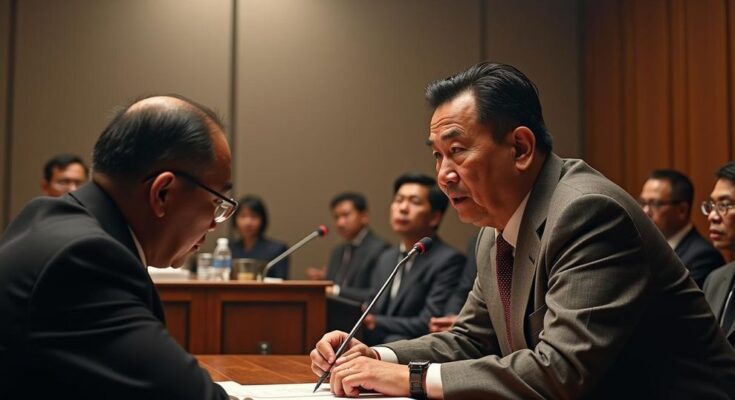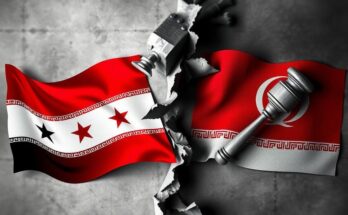The International People’s Tribunal has concluded that Indonesia is accountable for the mass killings of suspected communists from 1965-1966, amounting to crimes against humanity. It called for the Indonesian government to apologize to victims and urged investigations into the atrocities committed during this period.
On July 20th, the International People’s Tribunal in The Hague announced that Indonesia bears responsibility for the crimes against humanity committed during the mass killings of 1965-1966. It is estimated that between 500,000 to one million individuals suspected of communism were killed during this period. This brutal campaign was instigated by the Indonesian military against members of the Indonesian Communist Party (PKI) and their sympathizers, enabling the ascent of Suharto’s New Order regime. The tribunal’s conclusive judgment determined that Indonesia is culpable for ten severe human rights violations that occurred during this tumultuous time, including acts of genocide targeting PKI members, their affiliates, and supporters of President Soekarno, as well as members of the Indonesian National Party (PNI). Presiding Judge Zak Yacoob articulated in the tribunal’s final report that, “The State of Indonesia is responsible for and guilty of crimes against humanity consequent upon the commission and perpetration, particularly by the military of that state through its chain of command, of the inhumane acts.” In addition to mass killings, the tribunal identified other egregious human rights violations perpetrated by the state, including destruction of property, unlawful imprisonment, enslavement, torture, forced disappearances, instances of sexual violence, banishment, dissemination of false propaganda, international complicity, and genocide. Judge Yacoob noted: “All these acts were an integral part of a broad widespread systematic attack against the Indonesian Communist Party, its affiliate organizations, its leaders, members and supporters and their families,” emphasizing the role of misinformation as a precursor to these attacks. Judgment concluded that the state must be held accountable, as it neglected its duty to prevent these heinous acts and to punish those who carried them out. Judge Yacoob also highlighted that even if some actions were carried out independently by local militias, this did not absolve the state of its responsibility to safeguard its citizens and ensure justice. The tribunal made several recommendations, urging Indonesia to formally apologize to the victims and their families for the atrocities that transpired in 1965. Furthermore, it called for thorough investigations into the crimes and the prosecution of those implicated. The tribunal recommended that the Attorney General act on the findings of a 2012 report from the National Commission of Human Rights, which advocated for the investigation of these troubling human rights abuses. Lastly, the tribunal implored the government to rehabilitate the survivors and halt any further persecution against them, thereby safeguarding their rights under both Indonesian and international law.
The mass killings of 1965-1966 in Indonesia represent one of the most severe instances of political violence of the 20th century, largely fueled by anti-communist sentiments. Following a failed coup attempt attributed to the PKI, the Indonesian military executed a large-scale purge targeting suspected communists and their supporters, leading to widespread massacres. Historically, President Suharto’s rise to power was facilitated by these events, marking the transition to an authoritarian regime characterized by human rights abuses. The International People’s Tribunal was convened by various human rights activists to seek accountability for these past crimes, aiming to confront a historical narrative often obscured by state censorship and denial.
The findings of the International People’s Tribunal constitute a significant acknowledgment of the historical injustices faced by countless individuals during the 1965-1966 events in Indonesia. By holding the Indonesian state accountable for its actions, the tribunal advocates for recognition, justice, and reparations to the victims and their families. The call for an official apology, thorough investigations, and safeguarding the rights of survivors marks a crucial step towards addressing a dark chapter in Indonesian history and delivering justice to those affected.
Original Source: jakartaglobe.id




